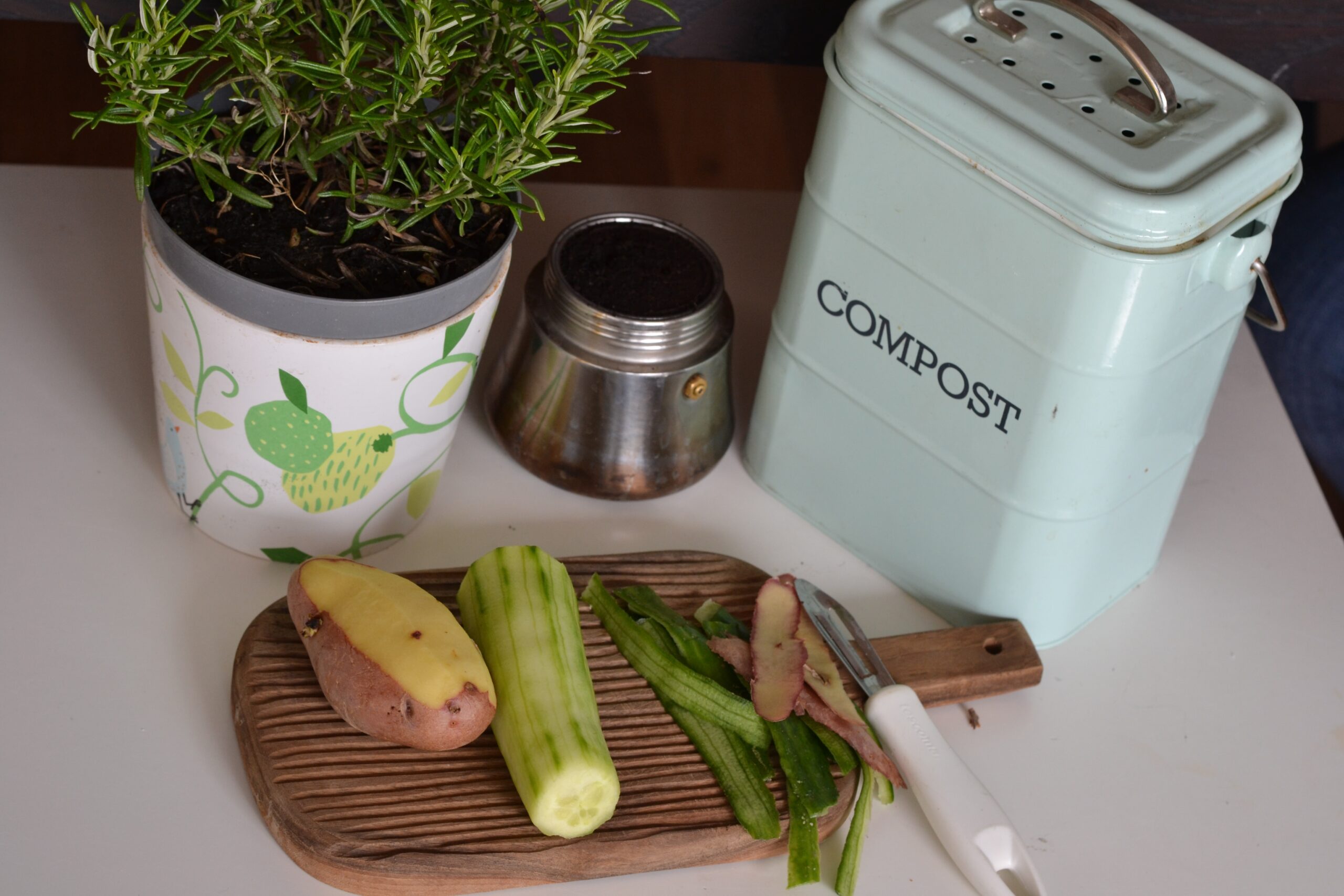
In an era where environmental sustainability is paramount, recycling organic waste has emerged as a critical action. Organic waste encompasses biodegradable materials derived from plants or animals, such as food scraps, yard debris, and agricultural byproducts. Recycling these materials not only diminishes landfill waste but also offers a plethora of environmental advantages.
Importance of Recycling Organic Waste
Recycling organic waste is pivotal for several reasons:
– Landfill Reduction: Organic materials like food remnants and garden trimmings constitute a significant chunk of municipal waste. Recycling diverts this waste from landfills, mitigating associated environmental impacts.
– Climate Change Mitigation: Decomposing organic waste in landfills emits methane, a potent greenhouse gas. Recycling captures and repurposes this methane, preventing atmospheric release.
– Soil Health: Organic waste is rich in nutrients that can rejuvenate the soil when transformed into organic fertilizers. This reduces dependency on synthetic fertilizers, which often carry environmental repercussions.
Composting
Composting, a popular organic waste recycling method, involves decomposing materials like food and garden waste into nutrient-packed compost. This natural fertilizer enhances soil health, reducing the need for chemical alternatives. Whether done at home or in community setups, composting is a straightforward process with profound environmental benefits.
Vermicomposting
Vermicomposting employs worms, especially red worms, to digest organic waste. The resulting worm castings or vermicompost are nutrient-dense, making them excellent for soil enrichment. This method is particularly apt for domestic settings or small-scale operations.
Anaerobic Digestion
Anaerobic digestion, a process executed without oxygen, transforms organic waste into biogas and a nutrient-rich digestate. The biogas serves as a renewable energy source, while the digestate can be utilized as a fertilizer. This method is versatile, suitable for various scales from household to industrial.
Bioenergy Production
Bioenergy production, a broader concept, turns organic waste into energy forms like biofuels and biogas. This approach not only curtails waste but also fosters renewable energy production, diminishing fossil fuel reliance.
Animal Feed Production
Transforming organic waste into animal feed reduces the demand for conventional feed sources like soybeans and corn. This method not only conserves resources but also offers a sustainable feed alternative.
Organic Fertilizer Production
Organic fertilizers, derived from organic waste, enhance soil fertility and champion sustainable agricultural practices. These fertilizers, packed with essential nutrients, promote plant growth and reduce synthetic fertilizer dependency.
Community Gardens and Urban Farming
Community gardens and urban farming initiatives, which use recycled organic waste, yield fresh, local produce and foster community engagement. These endeavors transform unused urban spaces into green, productive zones, enhancing neighborhood aesthetics and promoting sustainable living.
Recycling organic waste is indispensable for a sustainable future. By embracing methods like composting, vermicomposting, and anaerobic digestion, we can make a tangible difference. These strategies not only reduce waste but also foster a healthier environment. Dive into the world of organic waste recycling and champion a brighter, greener tomorrow.

